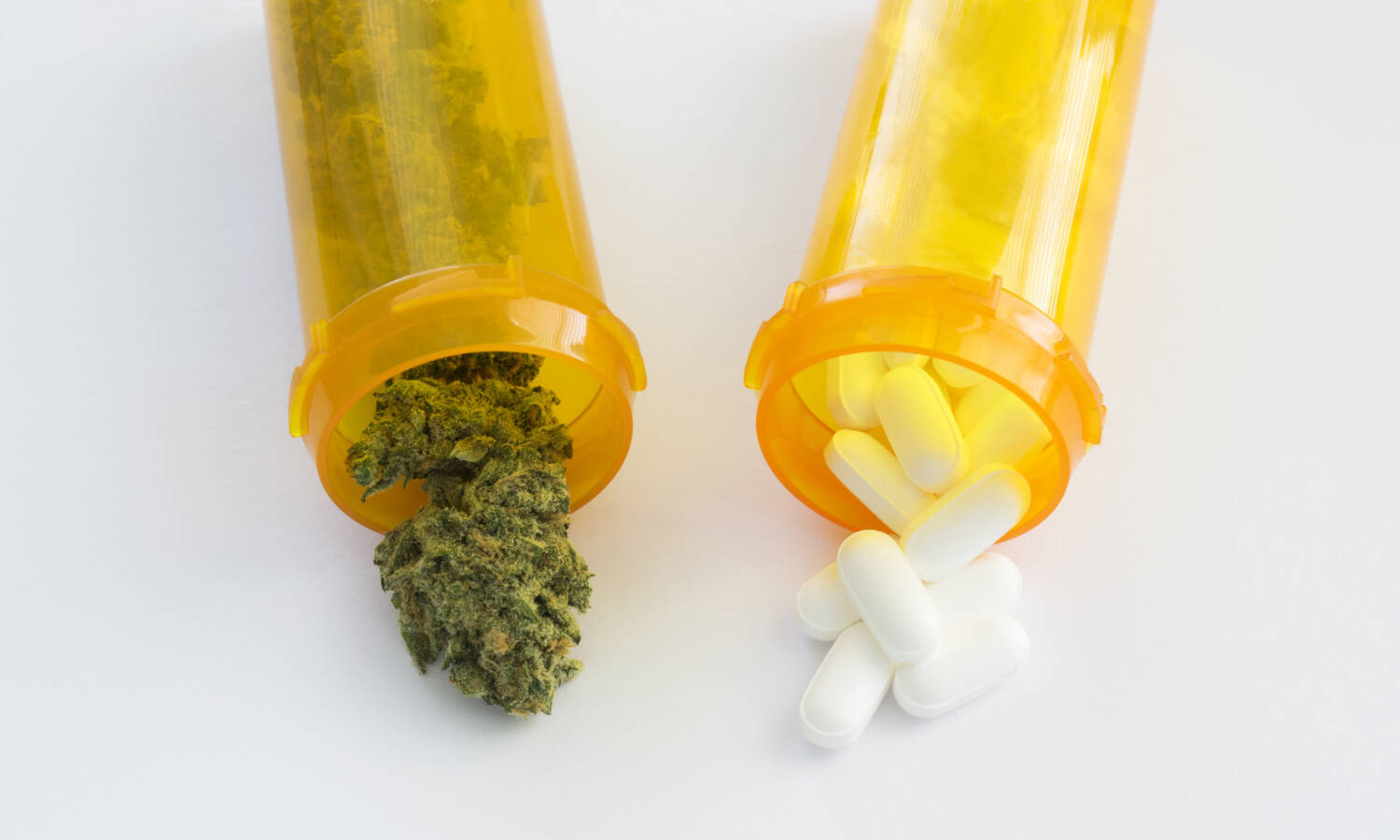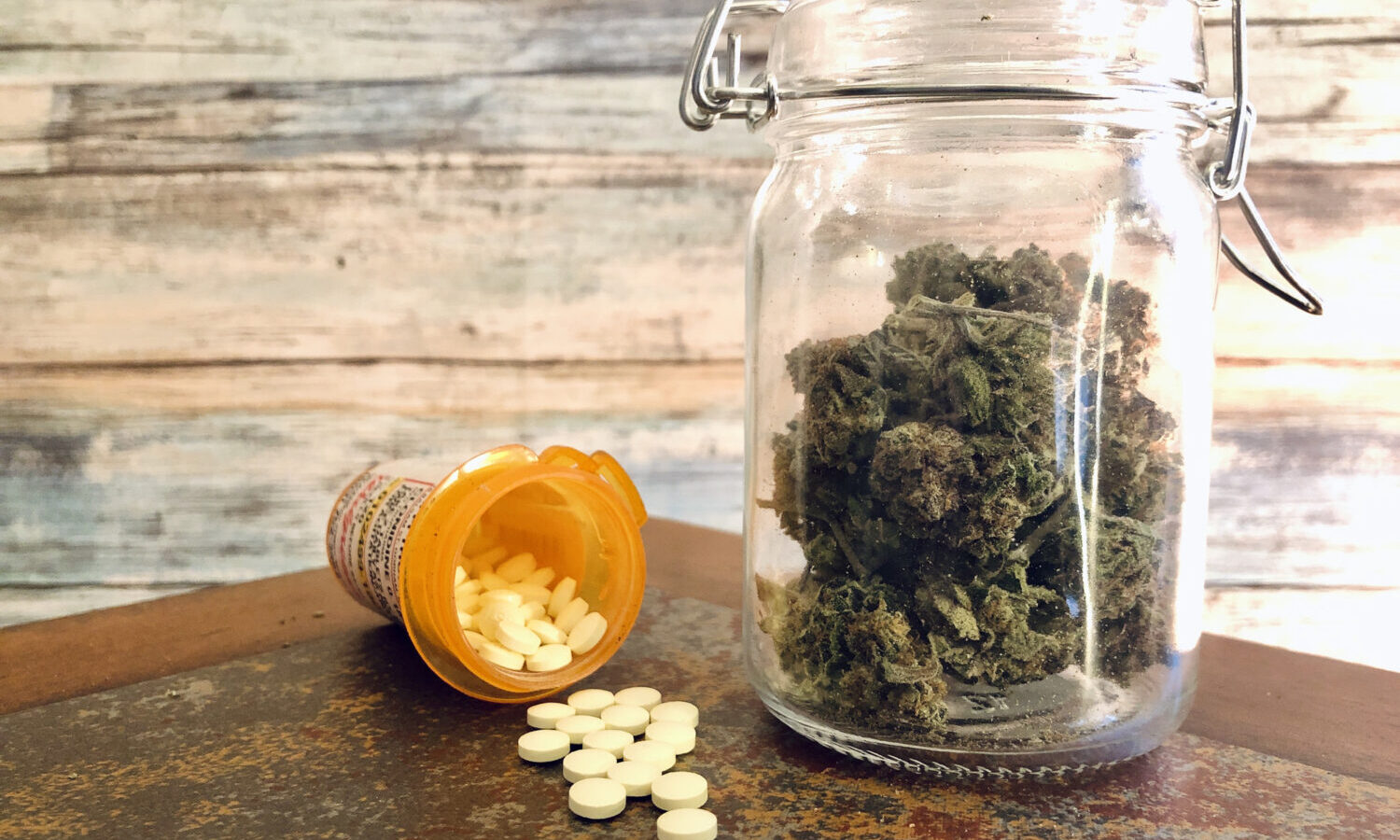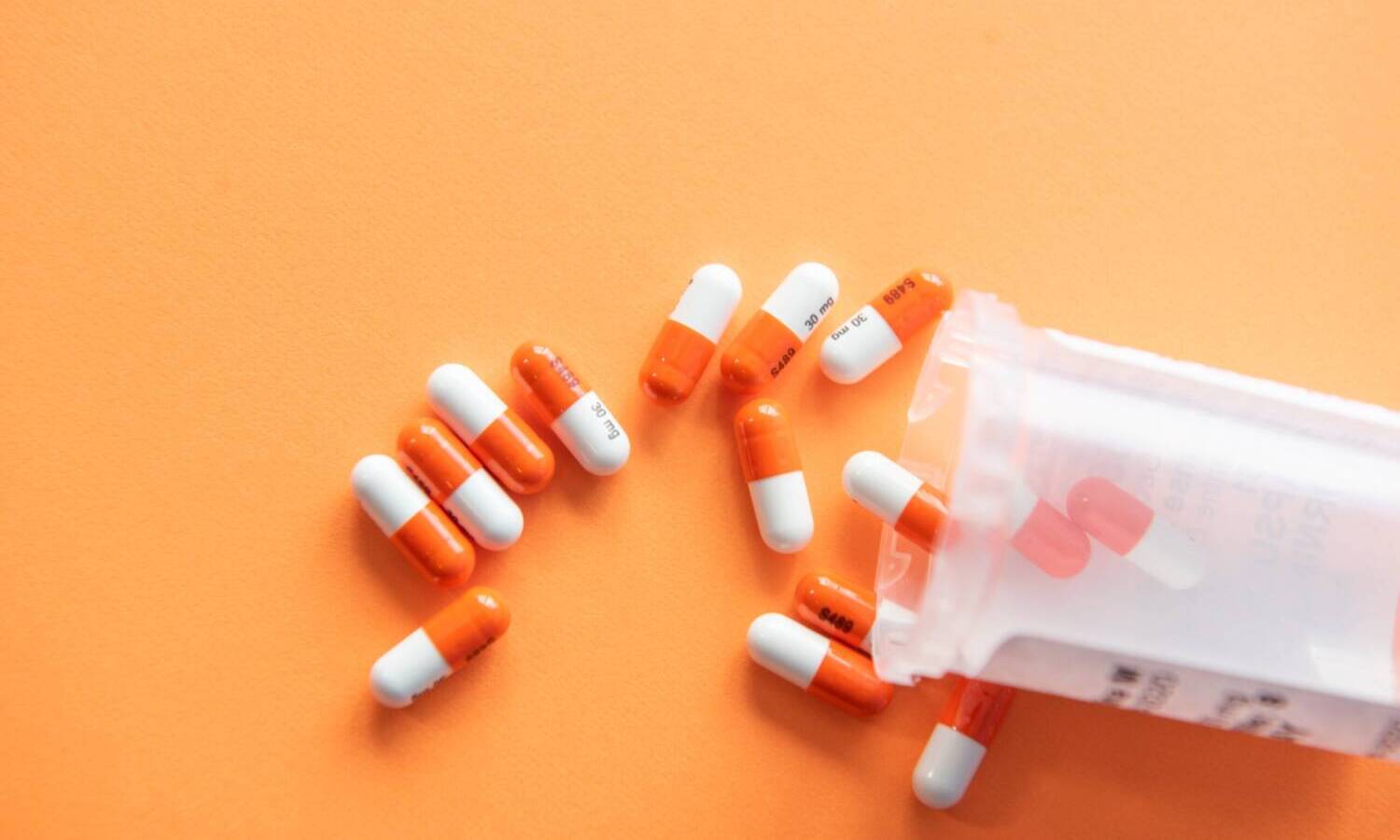
Marijuana is considered a relatively safe drug, and as time passes medical professionals are finding more and more uses for it as a medicine. From helping those with multiple sclerosis to an FDA approved medical derived from cannabis to treat epilepsy, cannabis is finding its footing and rooting itself firmly in the medical community.
Still, just like with nearly every substance we put in our bodies, there are certain medicines that just don’t mix well with marijuana. What’s more is that while marijuana can have often-desirable effects, these effects can sometimes be dire those with certain medical conditions.
Testing and research is limited, as marijuana is still illegal on a federal level. However, here is a list of medications and conditions that are currently thought to have adverse effects when mixed with cannabis.
Opioids and Sedatives
Opioids and sedatives come with their own risks even when they are not combined with other substances. When they are combined with marijuana, however, their effects can be heightened and amplified, which can be dangerous for those who combine these substances.
“Marijuana’s biggest-known impact is with opioids (for pain), sleep medications, muscle relaxants and alcohol because all affect the central nervous system,” according to Salem Health, which also mentions that when marijuana is used with sedatives and hypnotics it can have an addictive effect.
RELATED: Is Mixing Cannabis And Prescription Drugs A Good Idea?
It is important to be up front and honest with your physician if you are prescribed opioids or sedatives but also want to use marijuana for recreational or medical purposes. At the very least, your physician can recommend some drugs over others or suggest a dosage that will not put your health at risk.

Blood Thinners
Marijuana and blood thinners are another potentially dangerous combination. Marijuana can cause blood thinners to work excessively well, which can have dangerous consequences. “Marijuana can increase the levels of the blood thinner warfarin in the body, which can lead to excessive bleeding,” according to NBC News. Marijuana combined with certain blood thinners can thin your blood out to dangerous levels, so it is imperative you know whether or not the blood thinning drugs you are taking might be affected by marijuana use.
Even if the drugs may not cause severe side effects like excess bleeding, they may otherwise change the drugs effectiveness. ”Using marijuana while on a statin or a blood thinner can change how these drugs work in the body,” lead author Dr. Muthiah Vaduganathan, a cardiologist at the Brigham and Women’s Hospital in Boston, told NBC News.
Anxiety or Depression Medication (SSRIs & Benzodiazepines)
Another group of drugs that can have negative and even dangerous consequences when mixed with marijuana are medications meant to treat anxiety and depression. More specifically, SSRIs (like Cipralex or Prozac) and also Benzodiazepines (like Xanax or Valium) can both have adverse effects when mixed with marijuana.
RELATED: What Happens When You Combine Cannabis And Adderall?
One reason it is a bad idea to mix these drugs with marijuana is that both types of drug are mood altering. “The challenge for people who have mood disorder or depression is that every time they’re using cannabis, they’re taking another psychoactive drug,” Dr. Timothy Brennan, director of the Addiction Institute at Mount Sinai West and Mount Sinai St. Luke’s Hospitals, told Women’s Health. “And that can make it very challenging for a patient or physician to figure out what drug is actually having an effect on what,” Brennan continued.
This also means that marijuana can potentially negate the positive effects these mood and anxiety medications are having.

Tamoxifen
While medical marijuana is often prescribed to cancer patients undergoing treatment, one medication in particular should never be taken with marijuana. Tamoxifen, which is one drug used to combat breast cancer, may have its benefits negated when combined with marijuana. “If pot interferes with the processing of tamoxifen, it could cause the breast cancer patient to receive little to no benefit from the drug,” Philip Lazarus, a professor of pharmaceutical sciences at Washington State University, told WebMD. This should be a sobering reminder to always consult your physician about your cannabis use when you are on any type of life saving or critical medication.
Continued Challenges With a Lack of Research
While the medications we listed above could be dangerous or pose risks when mixed with marijuana, there still needs to be more research conducted. Unfortunately, even though (as we’ve reported) more people now smoke marijuana than cigarettes in this country, there have been limited trials on how pharmaceuticals interact with marijuana.
“So even while many people may use marijuana, tight federal restrictions limit researchers’ ability to study cannabis as approved medications are typically studied, including evaluating whether it can safely be taken with medications,” according to U.S. News. This is one strong argument as to why there needs to be a reclassification of marijuana. Taking marijuana off the Schedule I drug list would allow for significantly more research on the substance, and would improve how we understand the ways it interacts with other substances in our body.





